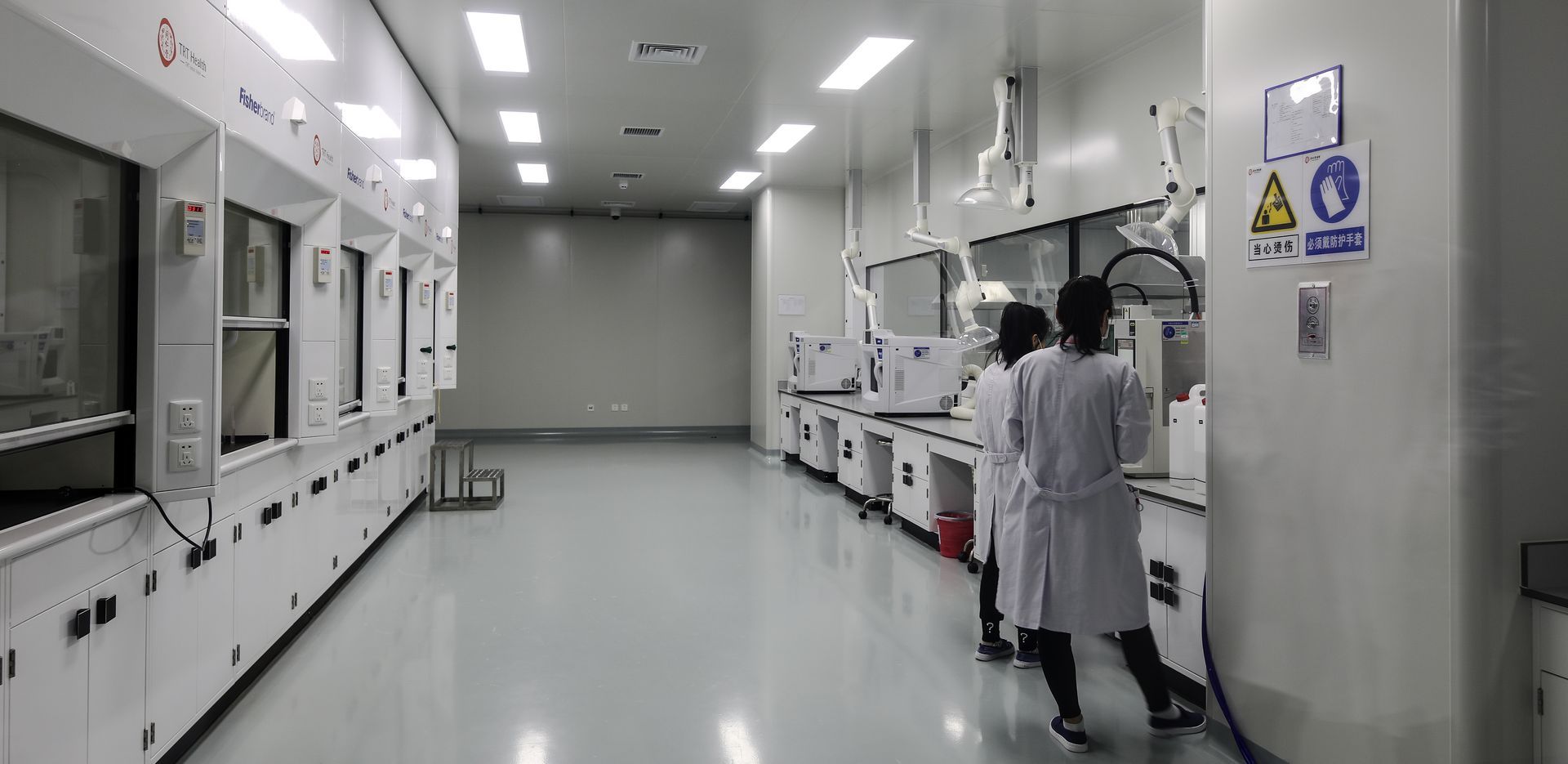Lab Asset Management for
Lab Managers
Why Do I Need an Asset Manager if We Already Manage Our Assets?
Lab personnel already have full time jobs. If the operation already has a designated person or team to take it on, a comprehensive skill set and specialized tools to perform the multitude of tasks is required to properly manage a laboratory's assets throughout its life cycle.
These include a wide variety of disciplines including organizational, purchasing and negotiating skills, vendor relations, knowledge of the laboratory's science, and new technology and instrumentation engineering experience across different platforms, makes and models.
Having a lab asset specialist allows the lab to focus on its mission and delegate tasks that are outside of that mission to professionals that do this every day, all day long.
Larger pharmaceutical, biotech and manufacturing companies understand this dynamic and most, if not all, outsource the managing of their assets to professional laboratory asset managers.
These services need not necessarily be reserved however for larger laboratories, as all laboratories can benefit from outsourcing these services to independent service providers, with programs specifically designed with services and cost scaling, specific to where the laboratory is in its life cycle.
We're a Start-Up. Is Asset Management Appropriate for a Lab Our Size?
Outsourcing these services to a professional asset manager with programs specifically designed with services and cost scaling, specific to where the laboratory is in its life cycle, allows you to focus on your scientific and business missions.
The earlier you bring a lab relocation specialist onto the team, the better. Wherever the business is in its life cycle, whether it be outfitting the lab, selecting or negotiating service contracts, relocating the lab, setting up a maintenance plan or assisting in the divestment of assets, a qualified asset manager can assist.
Selection criteria of a qualified
asset manager should include a thorough understanding of laboratory operations, with the necessary specialized technical and managerial skills to effectively aggregate, organize and execute on the science and business plans of the laboratory and information that will influence critical decisions.
How Does an Asset Manager Integrate into Our Operation?
One of the most important aspects of integration, and that which is often overlooked, is the cultural fit of an asset manager and the laboratory.
A qualified
asset manager will have a comprehensive understanding of how the laboratory operates. Once a level of confidence and trust is established, the ability to effectively communicate “cross silo” within laboratory personnel groups and business units allows the laboratory team to concentrate on the normal day-to-day activities of running the lab without having the undue stress of maintaining and optimizing their lab instruments.
How Will an Asset Manager Make My Job Easier?
The right asset manager will have a clear understanding of lab operations, hold existing relationships with instrument and equipment manufacturers, possess adequate infrastructure and reporting tools and can establish a good cultural fit with the laboratory.
As a qualified and experienced specialist, the
asset manager will take on the burden of internal managerial tasks relating to asset maintenance, which is a full time endeavor. These tasks can expand exponentially, depending where the lab is in its life cycle, the size of the operation and the number of assets to be managed.
How Are the Savings in an Asset Management Program Determined and What Are the Typical Cost Savings?
There are several categories of cost savings in a properly executed asset management program. These include reduction or elimination of diverted personnel costs of managing assets, proper vendor selection and negotiation of service contracts and instrumentation acquisitions resulting in improved maintenance efficiency and increased productivity of non- diverted laboratory and management personnel.
Cost savings can be determined by a comprehensive laboratory operational profile study conducted by a qualified laboratory asset specialist. Savings on asset maintenance costs is typically in the range of 15-25% for laboratories with comprehensive asset management programs.
Facility Managers
Facility managers already have full time jobs. Learn how a lab asset manager can make life easier.
Architects & Engineers
Discover how a lab asset manager can control costs and mitigate risks.
Venture Capital & Real Estate
Learn how a lab asset manager can help protect your investment and help your clients.
Related Content
Subscribe To Our Newsletter
We will get back to you as soon as possible.
Please try again later.



